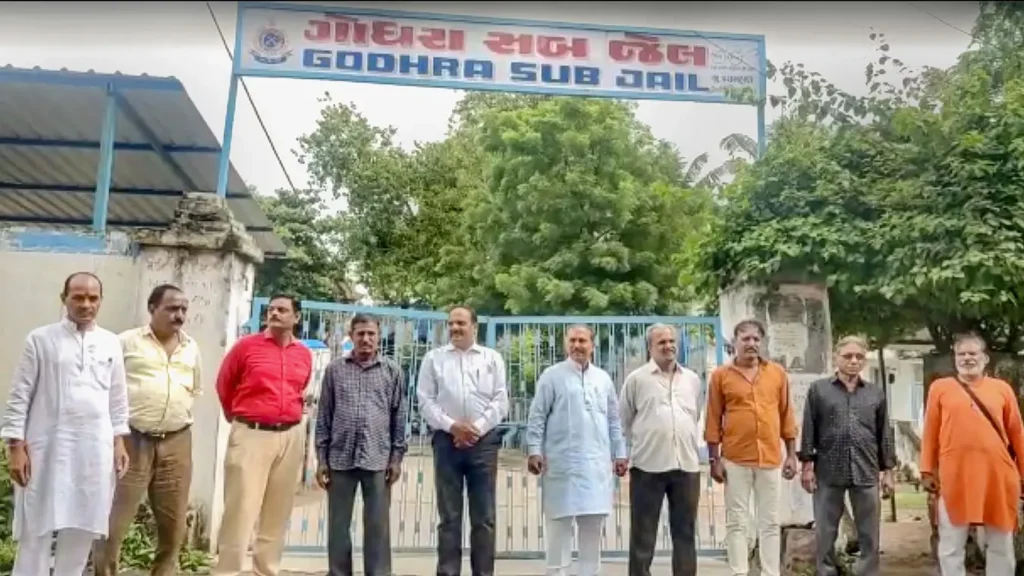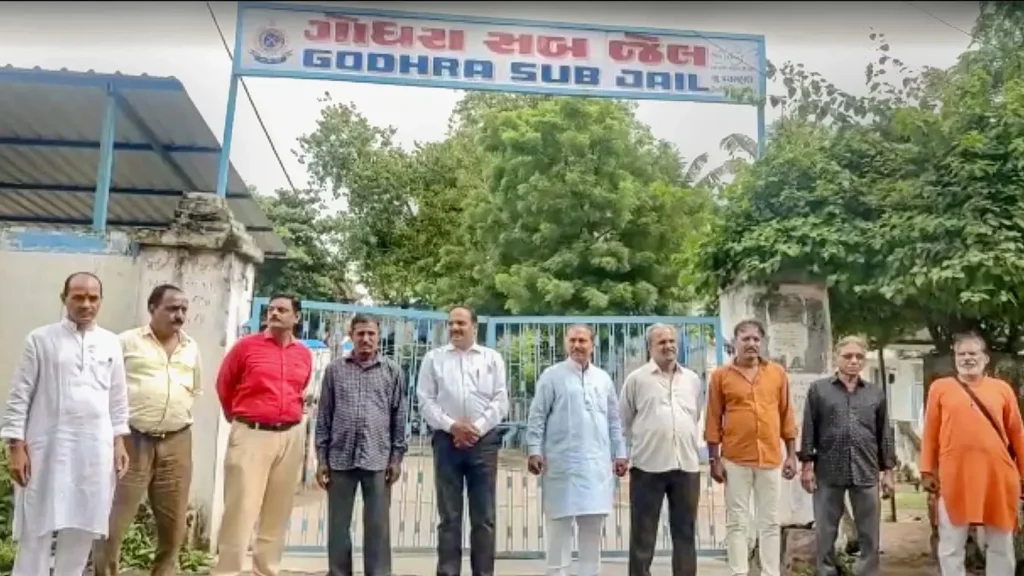Bilkis Bano: A Tapestry Woven with Threads of Trauma and Triumph

Bilkis Bano’s Case Verdict Traumatic Incident And Case Timeline:
The Traumatic Incident Of Bilkis Bano and Family:
Bilkis Bano story weaves its way not just through dusty legal records, but through the very soul of India’s social conscience. This two-decade narrative threads together unimaginable trauma, unwavering resilience, and a flickering flame of hope that stubbornly refused to be extinguished. It’s a tapestry woven with legal battles, human rights struggles, and a testament to the relentless pursuit of justice
The Case Timeline:
March 3, 2002: The shadows of communal riots engulf Gujarat, leaving a trail of devastation and despair. Bilkis Bano, a 21-year-old pregnant woman, witnesses the brutal murder of seven members of her family, including her three young daughters. She was gang-raped by a mob of 14 men and they left her physically and emotionally scarred.
February 2003: Driven by an indomitable spirit, Bilkis approaches the Supreme Court, seeking justice for the heinous crimes committed against her. The apex court takes notice, ordering a CBI investigation, taking the case out of the hands of the allegedly biased Gujarat police.
August 2004: After a painstaking investigation, the CBI charges 19 individuals with Bilkis’ rape and the murders of her family members. The trial begins in Godhra, Gujarat, under heavy security.
January 21, 2008: Justice, though delayed, finally arrives. A special court convicts 11 of the accused, sentencing them to life imprisonment for rape and murder. A ray of hope pierces through the darkness, a testament to Bilkis’ unwavering spirit.
December 2016: The Bombay High Court upholds the convictions and life sentences of the 11 men. A glimmer of hope shines through for Bilkis, a crucial step towards healing.
The Supreme Court’s Role
April 2019: The Supreme Court awards Bilkis Bano a compensation of Rs. 50 lakh as rehabilitation for the physical and mental trauma she endured. While financial restitution cannot erase the scars of her past, it signifies a crucial step towards healing.
May 13, 2022: A sudden blow shatters the fragile peace Bilkis had built. The Gujarat government, under immense pressure from right-wing groups, grants remission to all 11 convicts under its remission policy. They walk free from Godhra sub-jail, leaving Bilkis and her supporters stunned and devastated.
August 2022: Bilkis,files a writ petition in the Supreme Court challenging the Gujarat government’s decision to release the convicts. The nation watches with bated breath as the highest court takes up the case.
October 2023: The Supreme Court reserves its verdict after an 11-day hearing, marking a critical juncture in Bilkis’s long and arduous journey.
Supreme Court Verdict
January 8, 2024:
- In a landmark decision, the Supreme Court quashes the Gujarat government’s remission order, calling it “completely devoid of merit” and passed without due application of mind. The convicts being directed to surrender to jail authorities within two weeks. A victory not just for Bilkis, but for the very idea of justice.
But this is not the end of Bilkis’s story. The convicts have approached the Supreme Court for a review of its January 8 verdict. However, Bilkis and her supporters remain resolute, determined to see this fight through to its ultimate conclusion.
Bilkis’s story transcends her own suffering. It’s a powerful testament to the human spirit’s resilience in the face of unimaginable adversity. It’s a story of courage, unwavering determination, and the enduring fight for justice. While the road ahead may still be long, Bilkis’s struggle has ignited a beacon of hope, not just for herself but for countless victims of violence and injustice.
As we remember Bilkis Bano and countless others who have faced similar ordeals, let us pledge to never forget.
- Bilkis’s tapestry, woven with pain and resilience, ultimately lead to a future where justice and healing prevail.
Remember, Bilkis’s story is not just a legal case; it’s a human rights struggle with far-reaching implications. Sharing her story and calling for justice is an important step towards creating a more equitable and just world.
